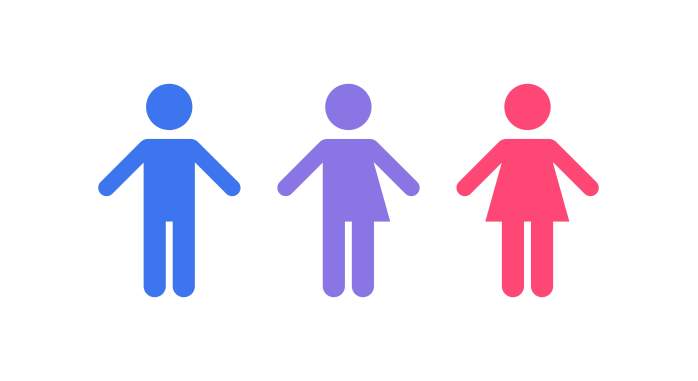We enabled equitable access to medical care for all genders
In designing a new employee benefit, we wanted to keep gender justice at the center. That meant ensuring our policy was equitable for all genders. In practice, our benefit needed to remove barriers to care for more than just abortion. Employees of all genders could face challenges accessing…
Gender-affirming care. Many states only have a handful of healthcare providers with experience supporting trans and nonbinary people.
Special surgeries. Some states may only have a few surgeons experienced in, say, heart transplants or brain surgery.
Regional children’s hospitals. Traveling to a distant hospital might require expensive round-trip travel and lodging.
After working with our benefits broker, we crafted a benefit that reimburses employees and their dependents for up to $4000 a year in transportation and lodging expenses related to insurer-covered medical care outside a 100-mile radius of their home. These expenses include…
Bus, taxi, train, and plane fares.
The cost of gas.
Car services and rideshares.
Transportation expenses for one accompanying support person (e.g., a partner, spouse, friend, or caregiver).
Lodging up to the IRS allowable max.
This benefit entered effect on July 1, 2022—just over a week after the Supreme Court officially overturned Roe v. Wade and well before the current surge in anti-trans legislation. Thanks to this new benefit, employees of all genders have more equitable access to medical care. It’s just one step toward realizing gender justice at TXI.
We’re leveraging other policies to achieve gender justice
So far, employees have expressed relief and gratitude around our latest employee benefit. But we know there’s more work to do. Gender justice isn’t something that’s realized overnight. It requires an ongoing effort to achieve equity and equality for people of all genders.
To that end, we’ve made a few recent and ongoing strides:
Paid family and medical leave. People can take up to 12 weeks off for things like childcare, medical recovery, or caretaking responsibilities.
Employee stock ownership. Employees of all genders have the opportunity to earn shares in our company. That’s a huge benefit for people with marginalized gender identities who have historically lacked access to share-buying capital.
Employee resource group (ERG). This team is spearheading the effort to establish an ERG for women at TXI. Right now, they’re iterating on the structure to find the best way to support employees.
As we continue to make progress toward gender justice, we’re regularly engaging with our team along the way. This way, we can center people’s needs as they change—and quickly tweak existing benefits and policies when necessary.



